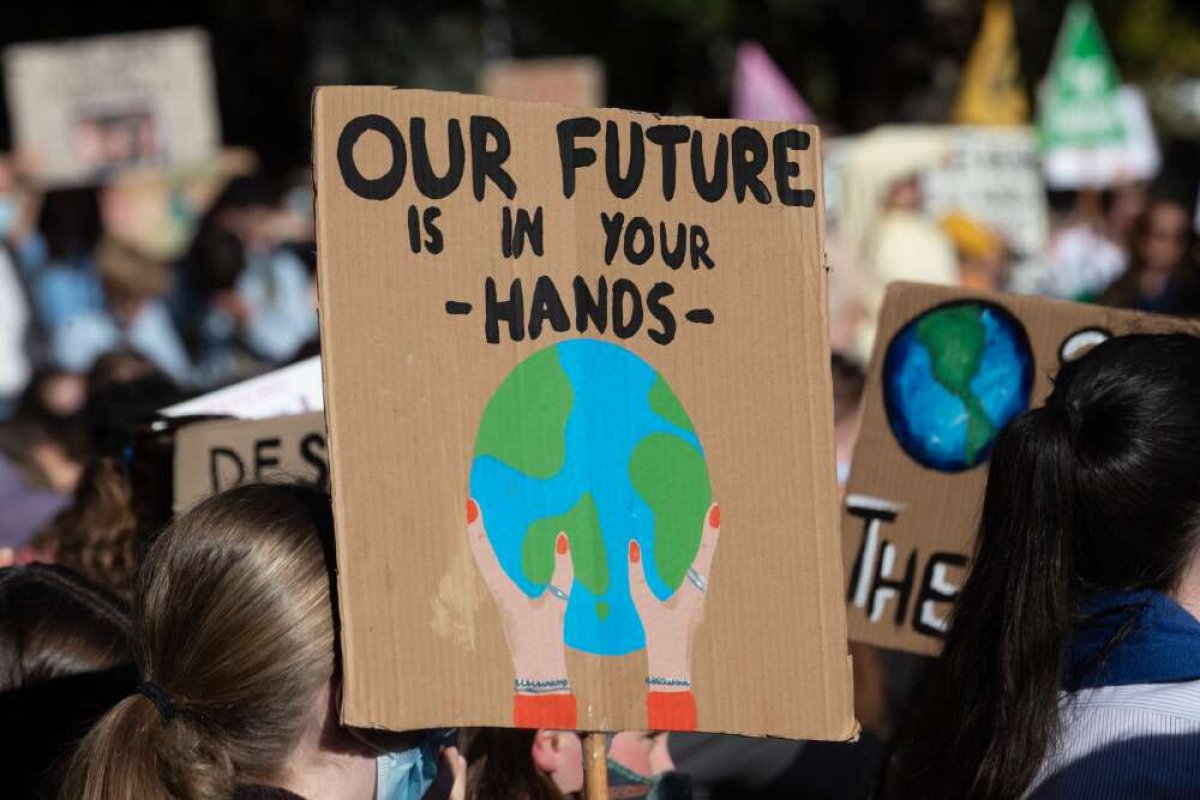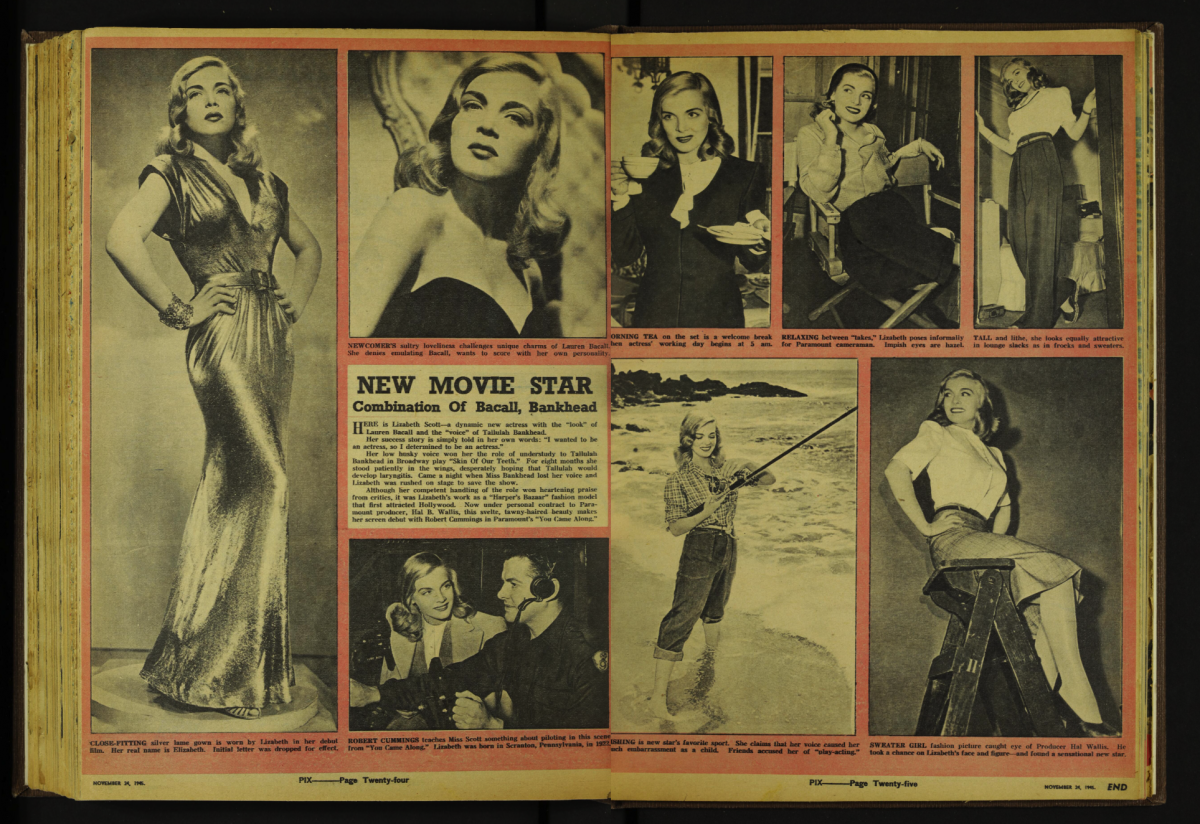We interact with information in a vast array of forms from any number of sources every day. It is becoming increasingly apparent that, to fully participate, navigate and thrive in the modern world, people need the skills and abilities to engage critically with information presented to them. Media, information and digital literacies are important skills in almost every part of life: the following are just a few examples of when strong literacy skills can play a vital part.
Democratic Participation
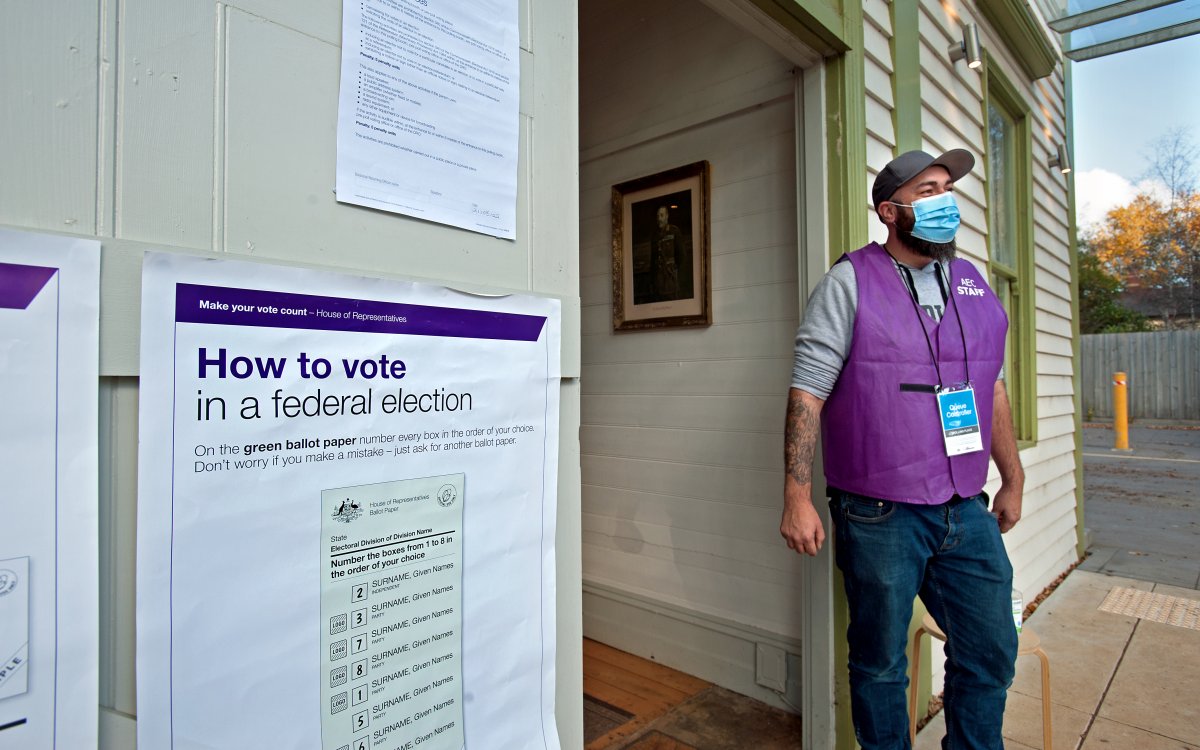
Sandy Scheltema. Australian Electoral Commission officer standing next to a 'How to Vote in a Federal Election' poster outside the polling place in Glenlyon Hall, during the Australian federal election, Glenlyon, Victoria, 21 May, 2022, https://nla.gov.au/nla.obj-3108998796/view
As citizens in a participatory democracy, being accurately and reliably informed is key to ensuring our votes and concerns are heard and counted. Knowing how and where to seek information about a political candidate’s platform or party can help voters align their needs or concerns with the right candidate for them at the ballot box. For people who are new to or will soon be able to vote in an Australian election, being able to find information to help them interpret political jargon can make it easier to understand often confusing campaign promises or campaigns. Knowing how to find information about the rights and responsibilities of voters in our democracy can also ensure that every vote counts and new voters are not missing important steps or information about the process of voting.
Michelle Ciulla Lipkin discusses the importance of media literacy in a democratic society:
Challenging injustice
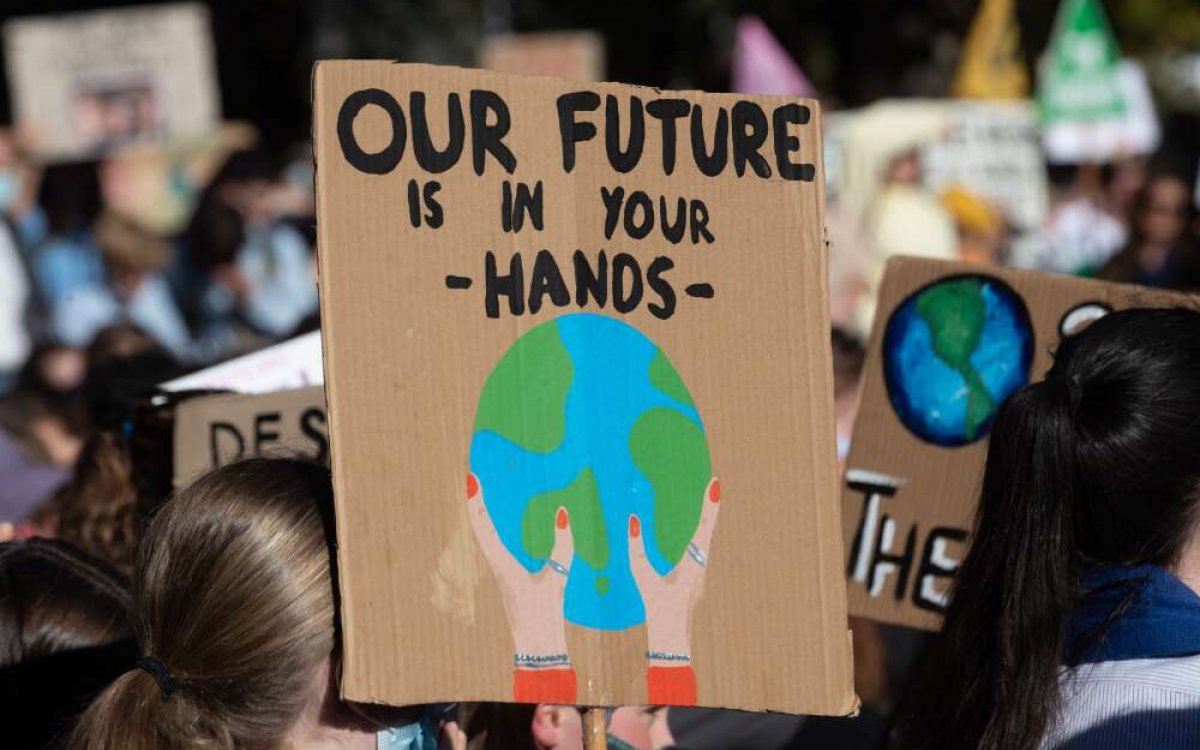
Henningham, Leigh, 1960-. (2021). Protester holding a placard that reads, Our Future is in Your Hands, during the School Strike 4 Climate rally, Melbourne, 21 May 2021 / Leigh Henningham. http://nla.gov.au/nla.obj-2956718607
In a country where citizens have a right to protest and challenge injustices in society, it is important to take a stand based on data, facts and reason. Protesting issues in society unite and divide, with passionate supporters on all sides of a debate presenting arguments and counterarguments to support their views. Our ability to share our views and information with others is more widespread than it has ever been at any time throughout history; however, this means misinformation can be spread just as easily. Having well-developed literacy skills can help move past placards, megaphones and slogans and unravel the reasons and claims behind them.
Understanding of self
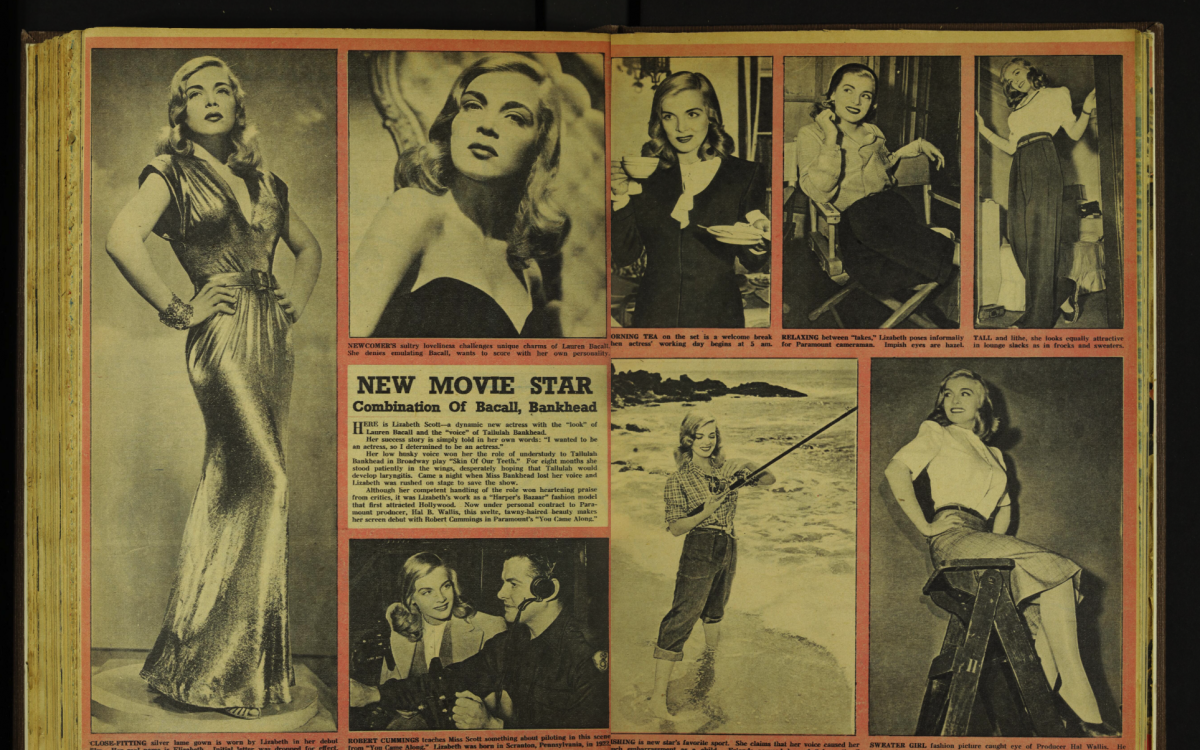
(1938). NEW MOVIE STAR Combination Of Bacall, Bankhead, Pix. http://nla.gov.au/nla.obj-481954320
The idea of portraying “perfection” has long been a part of art and media: from stylised official portraits and sculptures created to show an ideal rather than reality through to persuasive advertising, glossy magazines, social media filters and photoshopping. Using media manipulation to convey an ideal can be done for money, influence, power, fame and many other reasons. For many people, including adolescents who are grappling with changes to their bodies and finding their identity, this constant bombardment of the “perfect” image on social media and TVs can lead to feelings of self-doubt, inadequacy and shame. It can also lead to divisions in society or communities. Digital and media literacy skills can help audiences critically engage and ask questions of the content and begin to work towards separating the reality from what is created the “for the ’gram” and identifying the means through which this information can be created and manipulated.

